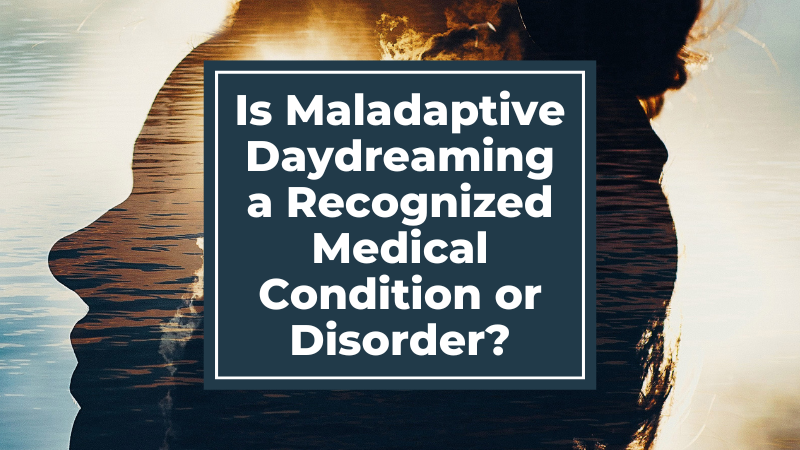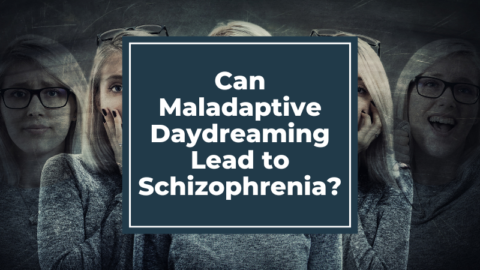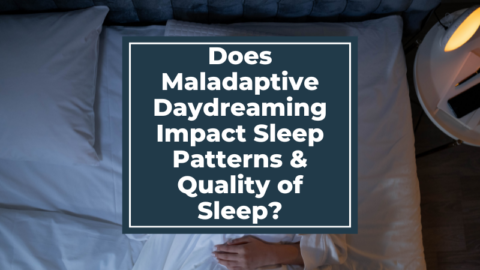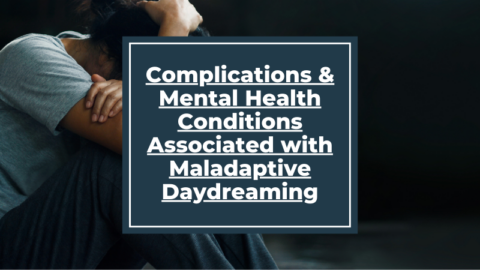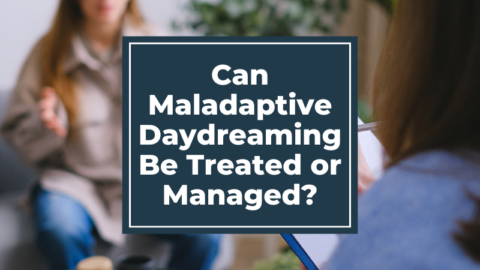Maladaptive daydreaming is not officially recognized as a distinct medical condition or disorder in widely accepted diagnostic manuals such as the Diagnostic and Statistical Manual of Mental Disorders (DSM-5) or the International Classification of Diseases (ICD-11). However, it has gained attention and recognition in recent years as a topic of study and research within the field of psychology.
Many researchers and mental health professionals have acknowledged the experiences of individuals who report persistent and excessive daydreaming that causes distress or impairment in their daily lives. They have proposed the term “maladaptive daydreaming” to describe this phenomenon and have conducted studies to better understand its characteristics, prevalence, and potential underlying factors.
Who Is Behind the Push to Make Maladaptive Daydreaming an Officially Recognized Medical Condition?
There are various researchers, clinicians, and advocacy groups who have been instrumental in raising awareness and conducting research on maladaptive daydreaming. Some notable figures in the field include:
- Dr. Eli Somer: Dr. Eli Somer, a clinical psychologist and professor at the University of Haifa in Israel, is credited with coining the term “maladaptive daydreaming” and conducting pioneering research on the topic. His work has been instrumental in bringing attention to the phenomenon and developing a conceptual framework for understanding it.
- The International Consortium for Maladaptive Daydreaming Research (ICMDR): The ICMDR is a collaborative effort of researchers and clinicians dedicated to advancing the understanding of maladaptive daydreaming. They conduct studies, share information, and provide resources to professionals and individuals affected by maladaptive daydreaming.
- Online communities and support groups: Online platforms and communities have played a crucial role in bringing together individuals who experience maladaptive daydreaming. These communities provide support, share personal experiences, and advocate for recognition and understanding of the condition.
Why Isn’t Maladaptive Daydreaming an Officially Recognized Condition?
The official recognition of a medical condition or disorder involves a rigorous process that requires substantial scientific evidence and consensus within the medical and psychiatric community. While maladaptive daydreaming has gained attention and is being studied by researchers, it has not yet received official recognition as a distinct disorder in widely used diagnostic manuals such as the Diagnostic and Statistical Manual of Mental Disorders (DSM-5) or the International Classification of Diseases (ICD-11).
The lack of official recognition may be attributed to several factors. First, maladaptive daydreaming is a relatively new area of study, and more research is needed to establish clear diagnostic criteria and understand its underlying mechanisms. The variability in symptoms and experiences among individuals with maladaptive daydreaming makes it challenging to define and classify as a discrete disorder.
Additionally, there is debate and differing perspectives within the medical and psychiatric community regarding the classification and inclusion of maladaptive daydreaming. Some experts argue that it may be a symptom or feature of other existing disorders, such as obsessive-compulsive disorder (OCD) or dissociative disorders, rather than a separate diagnosis.
However, it’s worth noting that the recognition and understanding of maladaptive daydreaming are evolving. Ongoing research, advocacy efforts, and increased awareness may contribute to its eventual recognition as a distinct condition in the future.
While maladaptive daydreaming is not yet an official diagnostic category, increased awareness and research have contributed to a growing understanding of its impact on individuals’ well-being. It is important to consult with mental health professionals for a comprehensive evaluation and diagnosis to determine the best course of treatment and support for individuals experiencing distress related to excessive daydreaming.
Do you think maladaptive daydreaming should be an officially recognized condition? Share your thoughts with us and other maladaptive daydreamers on our maladaptive daydreaming forum!

